Can CPR be given to someone with a pacemaker?
Yes! Someone with a pacemaker can be given CPR in the event of a sudden cardiac arrest.
A pacemaker is an electrical device that regulates the electrical activity of the heart. Often, people have pacemakers installed due to a slow or erratic heartbeat (a bradycardia). The pacemaker provides extra electrical stimulation to stop the heart beating too slowly. This is vital as if the heart beats too slowly, not enough blood is pumped around the body. This can lead to blackouts and dangerously low blood pressure.
In the event of a cardiac arrest, the heart stops pumping blood around the body. Immediate CPR is vital to keep the brain and vital organs alive until the arrival of a defibrillator. A defibrillator delivers an electrical shock to the heart in order to restore the normal heart rhythm.
A pacemaker is often implanted under the skin underneath one of the collarbones. Chest compressions are delivered over the sternum (center of the chest). Therefore a pacemaker should not interfere with the delivery of effective chest compressions. Do not worry about damaging the pacemaker or wires – this is not a priority in an emergency situation such as a cardiac arrest. Your main priority is to deliver high-quality chest compressions in order to keep oxygenated blood flowing through the body. Chest compressions should be delivered at a speed of 100 – 120 a minute.
When a defibrillator is used, the pads should not be placed directly over the pacemaker as this could interfere with the electrical shock delivered to the heart. Apart from this minor alteration, a defibrillator is completely safe to use on a cardiac arrest victim with a pacemaker.

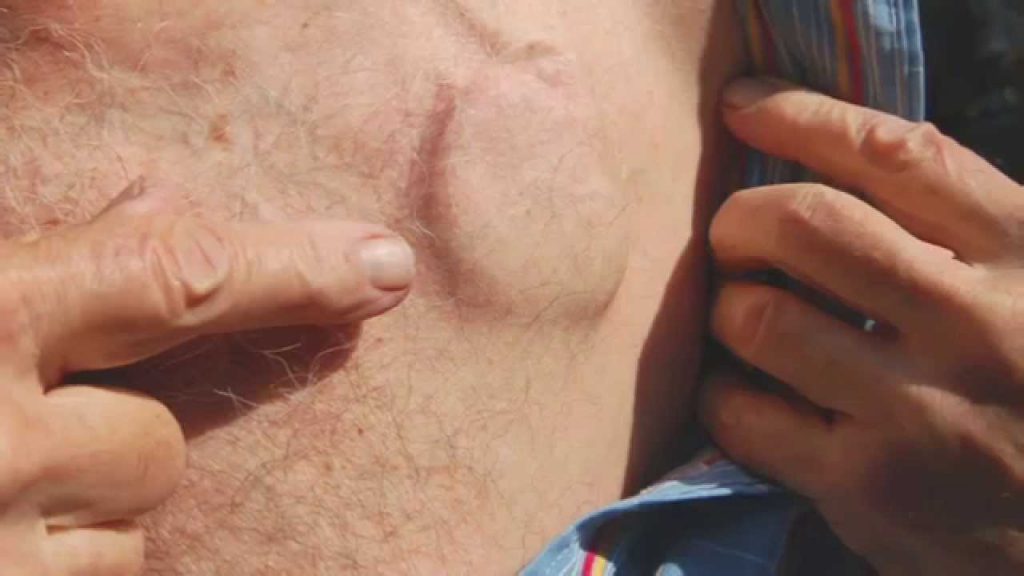
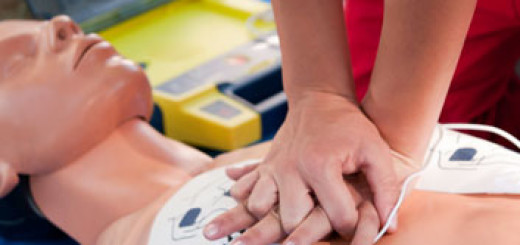
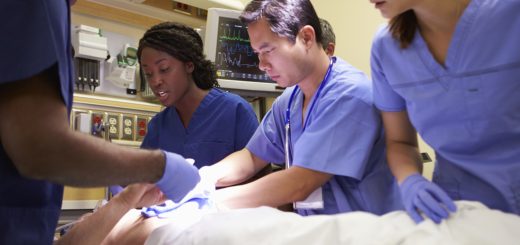
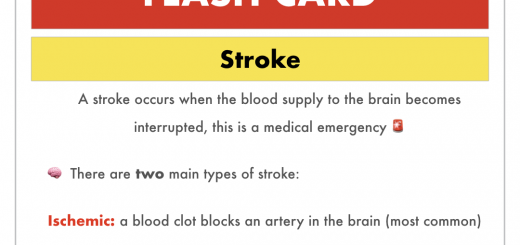

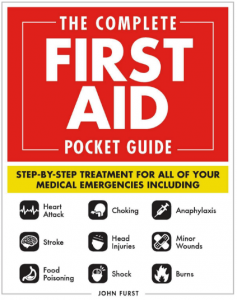
No you cannot do CPR on a Pacemaker victim
Hi David, see above – yes you can perform CPR on a victim of cardiac arrest who has a pacemaker fitted.
CPR(Cardiopulmonary Resuscitation) is essential for anyone in cardiac arrest, it aids their survival by mimicking the lungs and heart, chest compressions does roughly 30% of the hearts work and rescue breaths provide fresh oxygen to the lungs. Neither mechanisms interfere with a pacemaker. However, it is critical that an individual with a pacemaker not wired to an AED, or more commonly known as a defibrillator.